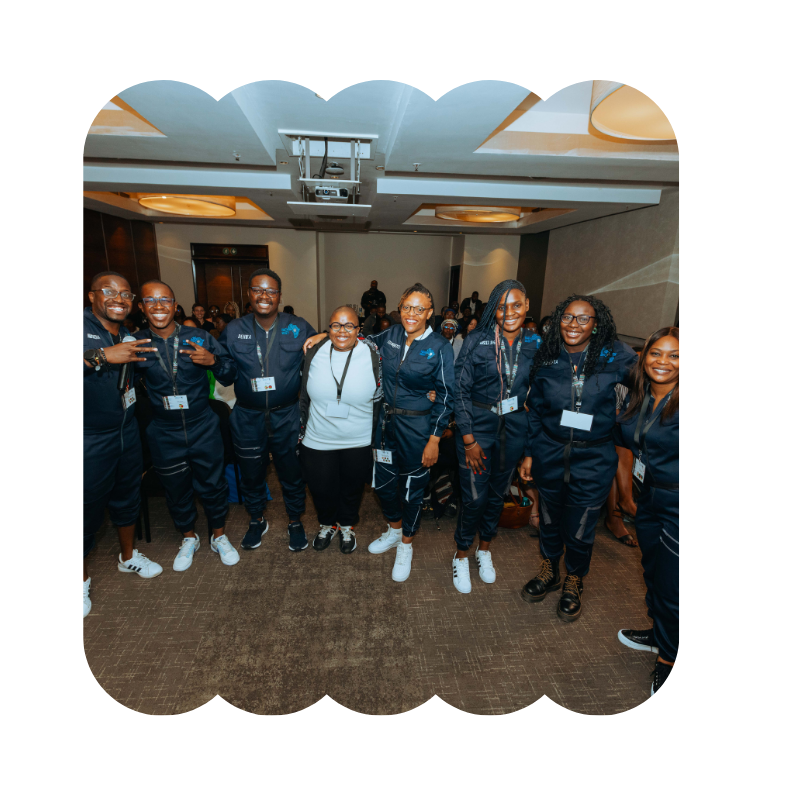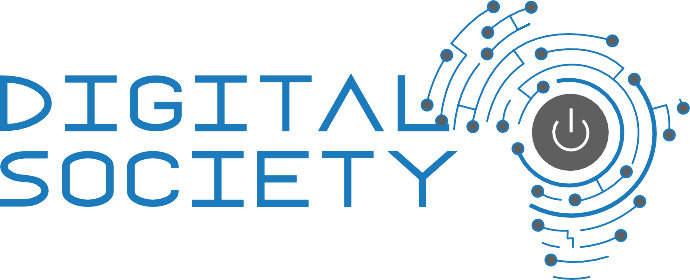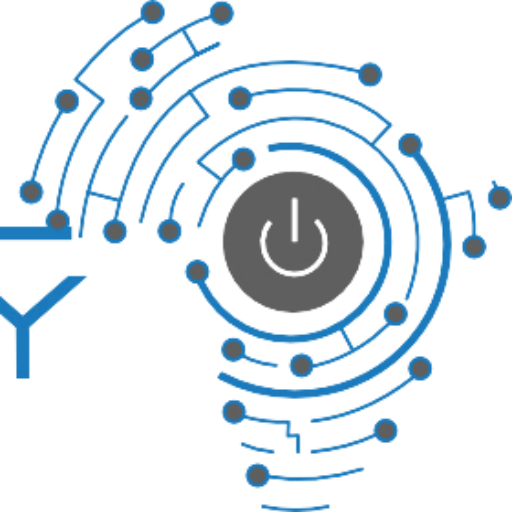
HISTORY
At Digital Society of Africa (DSA), we know that building trust takes time. That’s why our team of activist technologists led by Natasha Msonza and Tawanda Mugari have spent the past decade working to strengthen digital resilience and secure trust across Southern Africa.
In July 2024, we hosted ConnectCon 2024—our second annual convening of regional network members and strategic guests (including local funders and subject-matter experts) designed to promote practitioner upskilling and cultivate community development. The celebratory event saw more than 70 individuals from 12 countries gather in Johannesburg, South Africa, for three days of intervisioning a future in which regional digital security resilience remains robust for years to come.
Below, we take a look back at the uphill—and often uncertain—road that took us from eager trainees to expert trainers. As sowers of seeds of digital resilience, we hope the story of where DSA came from can serve as inspiration for the next generation of local leaders in this essential space. Because we know building trust…takes time.
ORIGIN OF DIGITAL SOCIETY ZIMBABWE
Before DSA was an organisation, it was an idea. A belief that digital security trainings can—and should—be performed by members of our community.
Yet back in 2013, few options existed for individuals and organisations in Southern Africa looking to elevate their digital security proficiency. This despite the fact that autocratic regimes had already begun to silence their critics and activists through the implementation of aggressive online restrictions like network interference, throttling, surveillance, and platform takedowns.
In response to these increased threats, the Information Safety & Capacity (ISC) Project hosted a multi-year “Training of Trainers” designed to boost local digital security resilience by having newly capacitated trainers provide local digital security support to USAID-funded projects via security audits, trainings, and direct technical fixes. Determined to seize the opportunity, two of our co-founders (Msonza and Mugari) participated in the rigorous program.
By the conclusion of the project in 2015, only three trainees remained—two of which were Msonza and Mugari. Alongside the other graduate, they founded Digital Society Zimbabwe (DSZ). Energized by what they had learned at ISC, the members of the upstart organisation quickly sought to put their newfound skills to work by offering free digital security trainings in an effort to eliminate the need for foreign trainers to parachute into the country and engage in well-intentioned efforts that nonetheless lacked critical context and routinely encountered cultural and language barriers.
Unsurprisingly, DSZ’s services found an immediate audience in Harare and beyond, and the team soon began to receive small grants to directly support civil society organisations across Zimbabwe. Within a few years, however, the third founder of DSZ withdrew to pursue other interests, leaving Msonza and Mugari to chart a path forward for the organisation through an uncertain, and at times unsafe, space. Undaunted, the two stepped forward and never looked back.
As online threats continued to spread throughout Zimbabwe and the rest of Africa, so did DSZ’s work. Msonza co-founded the Safe Sisters Project in 2017 to provide localized support for groups acutely affected by technology-facilitated gender-based violence, including disabled communities, sexual and gender minorities, journalists, and human rights defenders. Safe Sisters’s intersectional approach to digital security—which has now been experienced by more than 135 fellows across East and Southern Africa—includes intensive, iterative trainings designed to empower women and expand their digital resilience and capacity. To date, Msonza remains one of the group’s primary trainers—responsible for curriculum development, mentorship, and identification of post-graduation opportunities for fellows who complete the course.


TRANSITION TO DIGITAL SOCIETY OF AFRICA
By 2020, demand for digital security support from DSZ became so great the organisation could no longer remain focused on just a single country. It was then that Digital Society Zimbabwe became Digital Society of Africa (DSA): a distributed network of technologists and consultants spread out across Zimbabwe, Zambia, Malawi, Mozambique, Swaziland, and South Africa.
That same year, the Open Society Foundations (OSF) awarded DSA with a major grant to reinforce the digital resilience of environmental activists and human rights defenders in South Africa. Ten new digital security trainers were trained alongside 21 organisations receiving support from OSF. Two years later, our team launched a six-country Training of Trainers project as part of the Ford Foundation’s Weaving Resilience program. A set of ten enrollees from each country joined the sessions, which ultimately produced 35 graduates prepared to bolster the digital security and capacity of social justice and civil society organisations in the wake of COVID-19.
One year later, Open Technology Fund (OTF) provided support for ConnectCon 2023—the first annual convening in which members of our network gathered to cultivate community development and elevate digital security skills. Thirty-five regional network members, and 50 total participants, took part in the inaugural event centered on intervisioning and upskilling.
At ConnectCon 2024 we were eager to build on the success of prior year’s event—and thankfully, we did exactly that. We welcomed over 70 participants in Johannesburg, including individuals who work in the internet governance and digital rights spaces. Getting experts like these to attend was critical, as their perspectives further enriched our approach to digital security. ConnectCon 2024 was also a place where we were able to come together as a DSA family—fostering a safe environment for everyone to relax and have fun. By creating this sense of belonging, members of our community were able to leave behind their hectic work schedules and enter a space to recharge, learn, and grow.
DSA TODAY
Though the road from Harare 2013 to Johannesburg 2024 was far from promised, it was forged through continual trust and community building. These are the pillars upon which our organisation and work stands.
With a holistic approach that consistently adapts to grow capabilities across the region, our team is committed to shaping a future in which local practitioner skills remain at the cutting edge for years to come. And with a digital security curriculum pilot program in the works, we are already seeking out new ways to plant seeds of digital resilience.
Ten years in, DSA’s journey of empowerment is still only just beginning. Come build with us.


